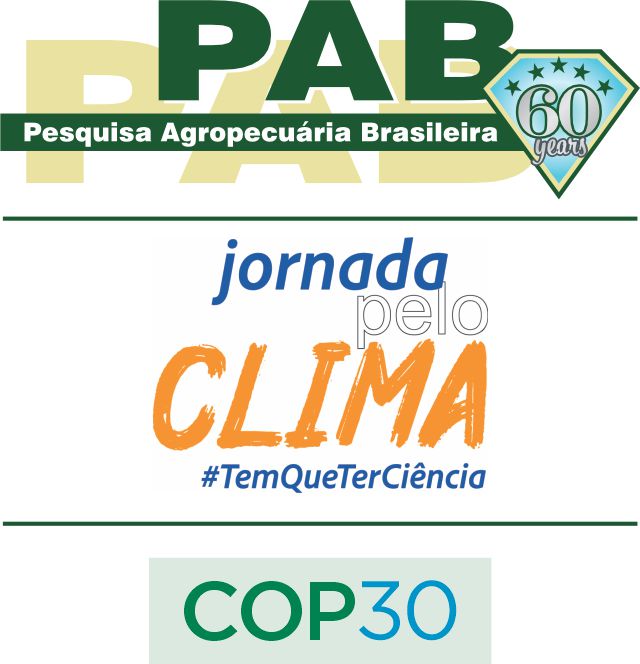Productivity, chemical and sensory characteristics of arabica coffee under different water regimes in the Brazilian Cerrado Central Plateau
Keywords:
Coffea arabica, beverage quality, irrigation, water stressAbstract
The objective of this work was to evaluate arabica coffee (Coffea arabica) under irrigation regimes in the Brazilian Cerrado Central Plateau regarding productivity, chemical quality of raw grains, and sensory quality of the beverage. The experiment was conducted in 2020/2021, with the regimes consisting of two levels of replacement, 100% and 50% of water requirement: irrigation throughout the year, water deficit from April to September, and water deficit from June to September. The chemical characteristics studied were: soluble solids, sucrose, trigonelline, caffeine, caffeoylquinic and citric acids. Sensory analysis was performed by SCA. The regimes of water replacement 100% with irrigation throughout the year and water deficit from June to September present higher productivity of arabica coffee in 2020 and 2021. In regimes with greater water restriction, the levels of sucrose and trigonelline in raw grains increase. In regimes with greater water replacement, the level of citric acid in the raw grains increases. Both regimes with a water deficit from June to September with 100% and 50% of the crop water requirement produce a beverage of excellent quality due to greater uniformity in grain maturation. With 50% of the crop water requirement, the water deficit from April to September is harmful to the quality of the beverage compared to the water deficit from June to September due to the period of two additional months in water stress.


